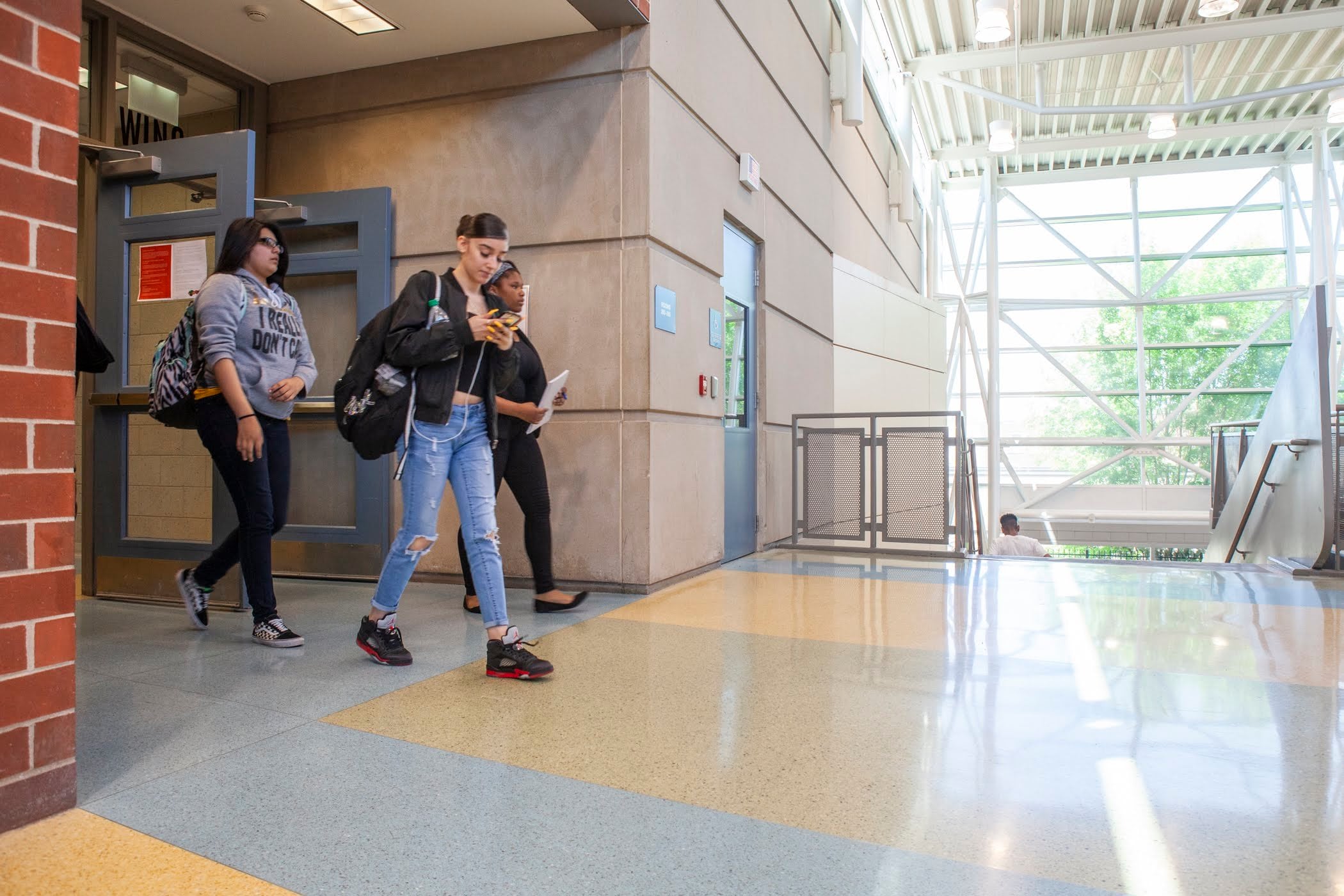Chicago will suspend its controversial school ratings for the third year and give itself more time to design a new campus accountability system.
But the new approach likely will no longer involve a number or letter grade for each campus — a practice that educators, principals, and others have decried as reducing a school’s offerings and often complex challenges to a single designation.
Officials said Wednesday that the district’s leadership transition over the summer and the singular focus on safely reopening schools this fall delayed a push to redesign Chicago’s school accountability model, known as School Quality Rating System, or SQRP. So the district is extending an April deadline to unveil a new policy until spring of 2023 at the latest.
In April, the district is slated to vote on a resolution spelling out broad outlines of the new system that has been in the works since early 2020. Those will likely include doing away with the current practice of assigning a number to each school in a bid to telegraph quality quickly to parents.
“The idea of one summative designation is something we’ve heard almost unanimously from our stakeholders has been a negative experience,” said Jeff Broom, the district’s director of school quality research and measurement, who addressed the school board during its Wednesday meeting. “It has been more punitive than informative.”
The district’s policy has been under fire from the teachers union and others who have argued it weighs test scores too heavily and penalizes schools that serve high-need student populations. The number designations in particular have contributed to a vicious cycle for some schools on the city’s South and West sides, critics have said: Low numbers turn off prospective parents, hampering schools from buttressing their enrollments and thus their ability to boost their academic offerings and draw more families.
Over the past year, the district has held community town halls and a family survey to get feedback on the overhaul. But CEO Pedro Martinez’ arrival in early fall and the push to reopen schools for full-time in-person learning put the process on hold for almost six months.
“We decided as a district this (process) is too important to rush and get something half-baked in,” Broom said.
The school board voted this past summer not to renew a contract with the nonprofit NWEA to administer the Measures of Academic Progress on all campuses — the math and reading assessment the district used to rate its schools. Schools can now choose between two new optional sets of standardized tests, making unclear what role, if any, math and reading proficiency and growth scores will play in the new accountability model.
School board members, who will ultimately approve the redesigned evaluation system, backed the idea of giving the district extra time to craft a new approach. Some said they were glad to hear the committee tasked with leading the process is planning to scrap the single ratings.
“The board charge was never to create a new SQRP,” said member Elizabeth Todd-Breland. “It was to reimagine accountability.”
Board member Lucino Sotelo also urged the district not to lose sight of the ways in which the current accountability system offered families key information about campuses as they navigate the school choice decisions.
“Let’s not forget the components that worked well,” he said, “while making it easy to understand yet equitable.”
Mila Koumpilova is Chalkbeat Chicago’s senior reporter covering Chicago Public Schools. Contact Mila at mkoumpilova@chalkbeat.org.







